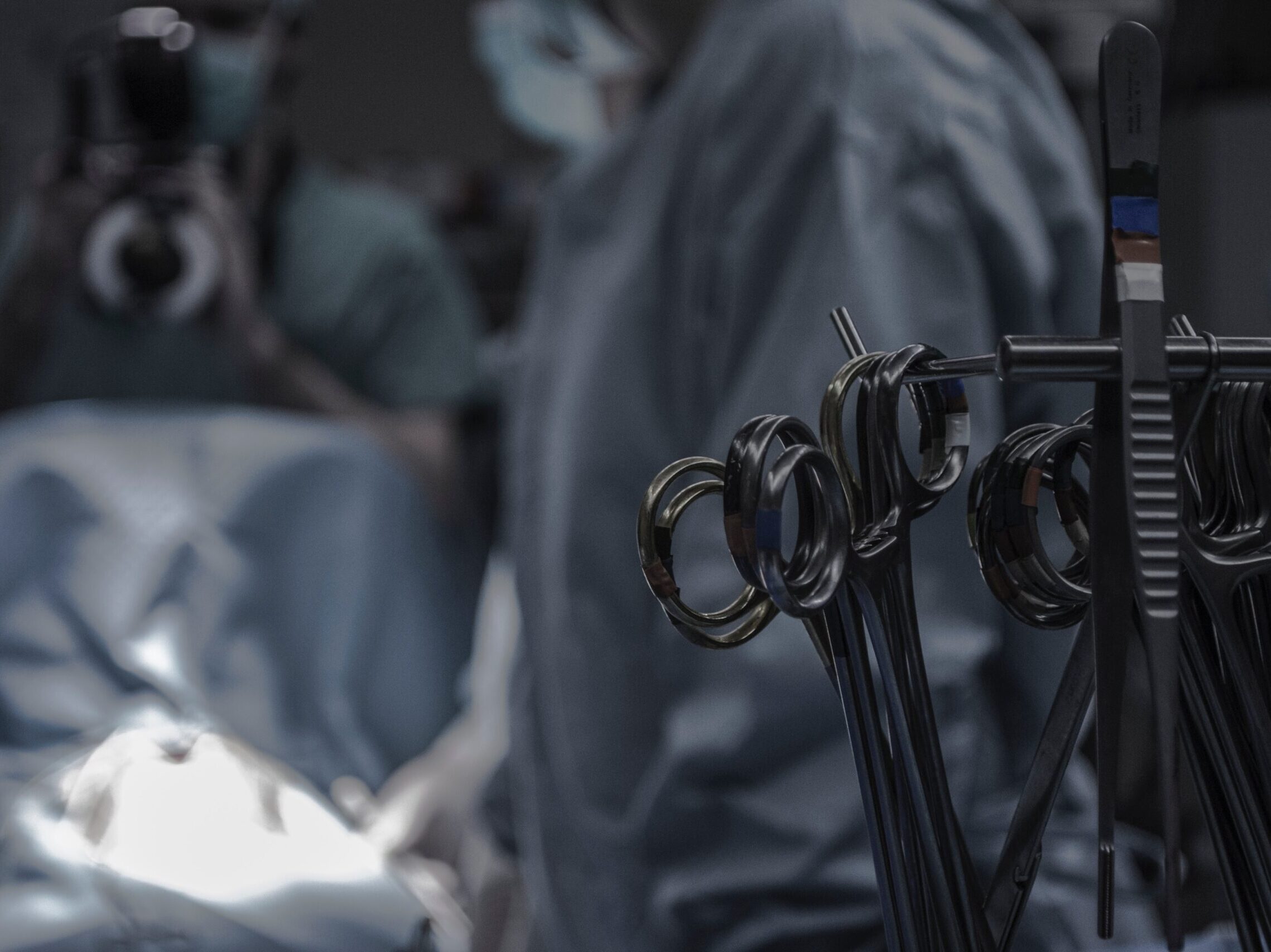3/27/23
From improved allergen prevention to more advanced ultrasound technology, there have been many major advancements in medicine over the past few decades. One such advancement has been in maternal healthcare. Since 1990, the maternal mortality rate has almost halved, but today over 800 women die every day from complications due to pregnancy and childbirth. Maternal healthcare also shows an intense geographical and racial inequality. It was reported in 2020 that, in general, Sub-Saharan Africa makes up approximately 75% of the global maternal deaths, with a maternal mortality ratio (MMR) of 536 deaths per 100,000 live births compared to Western Europe, which had 6.
Even within a singular country, racial disparities in maternal health remain prevalent. In the United States, pregnancy-related complications is ranked as the 6th greatest cause of death for women aged 20-34, and Black women have a 3-4 times higher risk of pregnancy-related death than white women. This inequality is troubling, and even more so when accounting for the fact that research shows the majority of maternal deaths are preventable. Some of the main causes of death are severe bleeding, infections after childbirth, high blood pressure, delivery complications, and unsafe abortions. All of these factors are preventable with adequate healthcare provided by skilled professionals.
Racial disparity in medicine is a well-documented phenomenon. In 2005 the National Academy of Medicine (NAM) published a study confirming that economic inequality cannot fully account for the fact that Black Americans are sicker and have shorter lifespans. Based on these results, it is a fact that statistically some people are more likely to die from illness due to their race or ethnicity. The resulting conclusion is that even today in 2023, implicit bias and institutionalized racism continues to kill people of color, and in particular, black women.
This is why ethical engineering is so important. Advancements in medical technology do not matter to people who cannot afford them or have no way to access them in the first place. Historically, childbirth and pregnancy was one of the leading causes of death for women. Today, that is still the reality for women who do not have access to hospitals or traditional forms of healthcare. Equality and an improved condition for humanity is only achievable if it is accessible for everyone. Though this is a difficult challenge, it must always be a consideration.
Fortunately, there are many healthcare professionals and dedicated engineers working to change this. MIT student Mercy Oladipo and University of California student Ijeoma Uche have created Birth By Us, an app specifically designed to support Black women during pregnancy and postpartum. The goal is to create a community for Black mothers that can support them through the entirety of the childbirth experience, from prenatal to postpartum care.
Biomedical engineering students at the University of Minnesota are working on a prototype called DuoPouch, a device that would allow anyone, healthcare professional or otherwise, to diagnose postpartum hemorrhages. Hemorrhages cause severe bleeding, making it the number one cause of pregnancy related deaths. The major advantage of this technology would be that it does not have to be administered in a hospital, it can be used anywhere, even in rural communities that lack access to professional healthcare.
Though medicine is traditionally viewed as a purely scientific field, it is important to recognize the impact of society on everyone’s quality of life. In the United States, this means doing everything possible to break down racial and economic barriers. In the case of maternal mortality, that means ensuring that all women are afforded the same opportunities and adequate healthcare to prevent unnecessary death.

